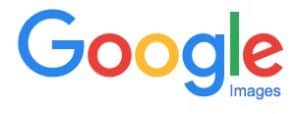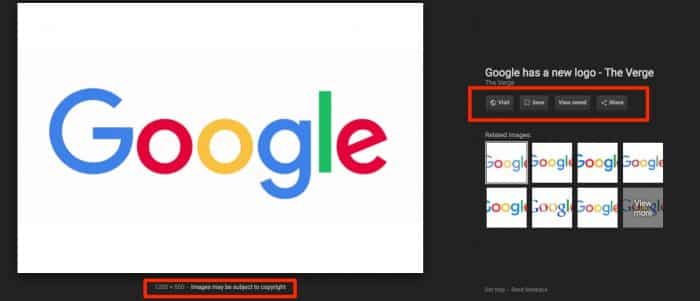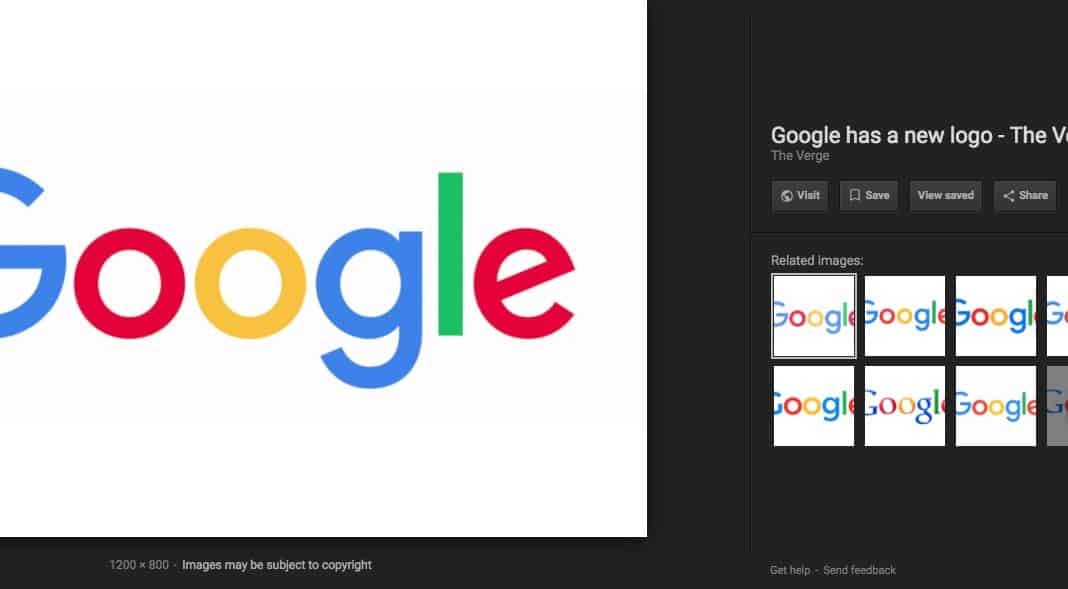Google Updates Image Search to Curb Misuse
Face the changes...
 From a copyright standpoint, Google Image Search has proved to be Google’s most controversial product.
From a copyright standpoint, Google Image Search has proved to be Google’s most controversial product.
Battles over Google Image Search go back more than a decade. In 2007 the Ninth Circuit Court of Appeals ruled that Google’s use of image thumbnails was a fair use. In 2010 Google updated the product in a way that many webmasters felt made stealing images easier. In 2013 there was yet another update to the product that caused still more controversy with webmasters and creators.
In 2016, the fight was taken to the European Union as photo agency Getty Images filed an antitrust complaint against Google there. The specific allegation was that Google Image Search “promoted piracy” by making it easy to access high-resolution images.
However, Google and Getty have now settled that antitrust complaint with the two entering into a “partnership” on the issue. As part of that settlement, Google is making several changes to Google Image Search that Getty hopes will reduce image piracy and misuse.
But will those changes have any effect? Especially considering the tremendous backlash the changes are already causing? To find out we have to take a look at the changes that are being made and their intent to see what the likely outcome will be.
What is Google Changing?
 While all of the changes may not yet be known, to date Google has announced three key changes to Google Image Search. They are:
While all of the changes may not yet be known, to date Google has announced three key changes to Google Image Search. They are:
- Removing “View Image” Button: Previously, when viewing an image in Google Image Search, there was a “View Image” button that took you directly to the source image. That button is now gone, leaving only the option to visit the website that the image is on.
- Limiting Search By Image: Before the change, Google had a feature in the search results where you could find additional images like that one clicking a “Search By Image” button. It used the same software that powers Google’s “Search by Image” feature on the home page, which is widely used to find copyright infringements. Though you can use “Search by Image” from the home page, the button in the search results has been removed.
- More Prominent Copyright Notices: Finally, Google has moved the location of the “Images Maybe Be Subject to Copyright” notice from the lower right hand side of the image result window to directly underneath the image. It has also slightly increased the font size.

Publishers, including Getty Images, have largely celebrated these changes, saying that they are crucial for reducing image misuse, piracy and plagiarism via Google Image Search.
Users, however, have decried them. Many websites have already posted techniques for getting the lost features, in particular the “View Image” button back. Whether it’s through a Google Chrome extension or simple browser tricks to replicate the functionality.
Still, it’s unlikely that Google is backing down. The settlement is a much-needed win for Google in the EU and it’s unlikely its users will go to competing search engines en masse over this change (even if it has been suggested as an alternative).
So, what does this mean for publishers, creators and users a like? The answer is a little bit less clear.
What Impact Will the Move Have?
It’s unlikely that the move will have any impact on Google’s search dominance, including in the image search space. Considering that their business model for Google Image Search centers around ads for physical goods, not images themselves, Google is likely to see no significant harm, even if some users do jump ship.
Tech-savvy users who are dependent upon the features (whether for legitimate or unlawful purposes) have likely already found their workaround. Since the images displayed in Google Image Search are hotlinked from the source, one can often just right click the image an open it in a new tab to access it in a way similar to the “View Image” button. No extension required.
However, this wasn’t a move meant to deter savvy users who have an intent to misuse images. Nothing was likely ever going to stop that group. Instead, it’s an effort to stop users from accidentally infringing copyright, either through a lack of understanding of the law or what Google Image Search is.
Many users have, often unwittingly, used Google Image Search as their private clip art gallery. A lack of understanding about technology and a lack of understanding about copyright combine to seek out and download images from Google Image Search for reuse, often without realizing it’s against the law.
After all, it can be easy to look at these Google-provided features and assume that they are legal to use for any purpose. It’s not just that the features are there, but that they appear to be Google-sanctioned that causes a problem.
Much like how putting a weak padlock on a shed won’t deter a hardened criminal, these moves won’t deter any dedicated pirates. However, also like that padlock, it will keep at least some honest people out and prevent mistakes. Whether that will be a significant impact remains to be seen, but it does mean that those who wish to download high-resolution images, for whatever reason, won’t be doing it through features baked into Google Image Search.
Bottom Line
In the end, this move won’t deter anyone who is determined to get their hands on the high-resolution images. To prevent that, Google is going to have to stop hotlinking the original images in Google Image Search (a move that raises copyright concerns) and that seems unlikely to happen.
Beyond that, there is still more that Google could/can do. That includes making the copyright warnings still more prominent, providing a more obvious feature for finding images that can be legitimately reused and using an overlay over the images in results to further discourage (though not eliminate) copying.
But, while the moves today are good for publishers and creators, especially when it comes to combatting innocent infringement, they’ve also shown how users respond to such changes.
Google has shown a great deal of dedication to Google Image Search and these are, almost certainly, the last concessions artists and photographers can expect for some time barring a court order.
Considering that this is all Getty, the industry giant, could force out of them. It stands to reason that this is where the line will be drawn for a long time to come.
Want to Reuse or Republish this Content?
If you want to feature this article in your site, classroom or elsewhere, just let us know! We usually grant permission within 24 hours.
